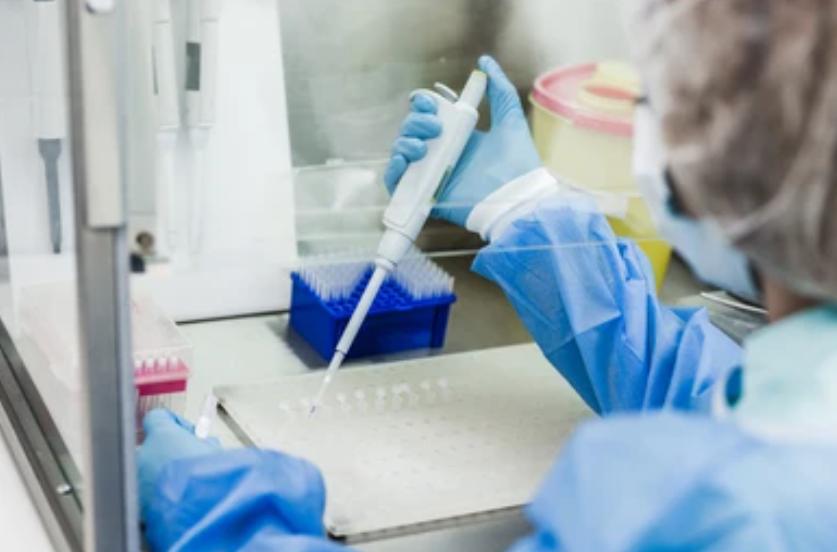Cell Proliferation Inhibition Assay
Online Inquiry
Cell proliferation inhibition assays are mostly used for drug activity testing of antibodies against growth factor targets and are crucial in the quality control of antibody drugs. At Creative Proteomics, we offer a comprehensive cell proliferation inhibition assay specifically designed for the assessment of antibody drugs. This cutting-edge assay provides valuable insights into the potential inhibitory effects of antibody-based therapeutics on cell proliferation. Our experienced team of scientists utilizes state-of-the-art techniques and robust methodologies to deliver reliable and accurate results, enabling you to make informed decisions in your drug development processes.

Introduction of Cell Proliferation Inhibition Assay for Antibody Drugs
Antibody drugs to growth factor-like targets (e.g. VEGF, HER2, EGFR) usually inhibit growth by blocking the binding of the target to its receptor. Thus, cell proliferation inhibition assays can be used to determine the biological activities of antibody drugs. For example, bevacizumab (VEGF antibody) can be assayed using the human umbilical vein endothelial cell (HUVEC) proliferation inhibition assay, and trastuzumab (HER2 monoclonal antibody) can be assayed using HER2-expressing breast cancer cell lines for proliferation inhibition assays, such as BT474. Cetuximab (EGFR antibody) can use tumor cell lines expressing EGFR, such as A431, etc.
Our Cell Proliferation Inhibition Assay Services
In this experiment, when cytokines bind to antibodies, they are unable to bind to receptors on the cell surface, leading to cell proliferation. The cell proliferation assay service offered through Creative Proteomics provides valuable information about the potential therapeutic effects of antibody drugs and their mechanisms of action. We provide one-stop inspection services, which mainly includes the following processes:
The specific cell line selected for the assay should be representative of the disease or condition against which the antibody drug is directed. We cultured the target cells under aseptic conditions with a suitable growth medium.
Once the cells reach the desired confluency and viability, they are harvested and seeded into 96-well plates at a predetermined density. This ensures that the cells are evenly distributed and have enough space to grow during the assay.
We treat the cells with different concentrations of the antibody drug. This can be accomplished by adding the drug to the wells in doses, making sure that there is enough replication at each concentration.
A control group was also set up in our experiment, which included a negative control group (containing cells without any treatment) and a positive control group (containing cells treated with known cell proliferation inhibitors).
After the antibody drug and control treatments are added, the plate is incubated under appropriate conditions, such as temperature and CO2 levels, for a specified period. The length of the incubation period depends on the specific requirements of the cell line and the drug being tested.
Assessment: At the end of the incubation period, we use a variety of methods to assess cell viability, such as MTT (3-[4,5-dimethylthiazol-2-yl]-2,5-diphenyltetrazolium bromide) assay or ATP (adenosine triphosphate) assay. These assays measure cell metabolic activity or ATP production as a proxy for cell proliferation.
Advantages of Our Cell Proliferation Inhibition Assay Services
- Customized and flexible experimental design based on antibody drug type.
- Reliable and highly reproducible high-throughput assays.
- Professional data analysis and interpretation.
Creative Proteomics' scientists will discuss options for developing customized cell proliferation assays for antibody drugs. Contact us to learn more about how our cell proliferation inhibition assay services can help make your drug development efforts a success.

